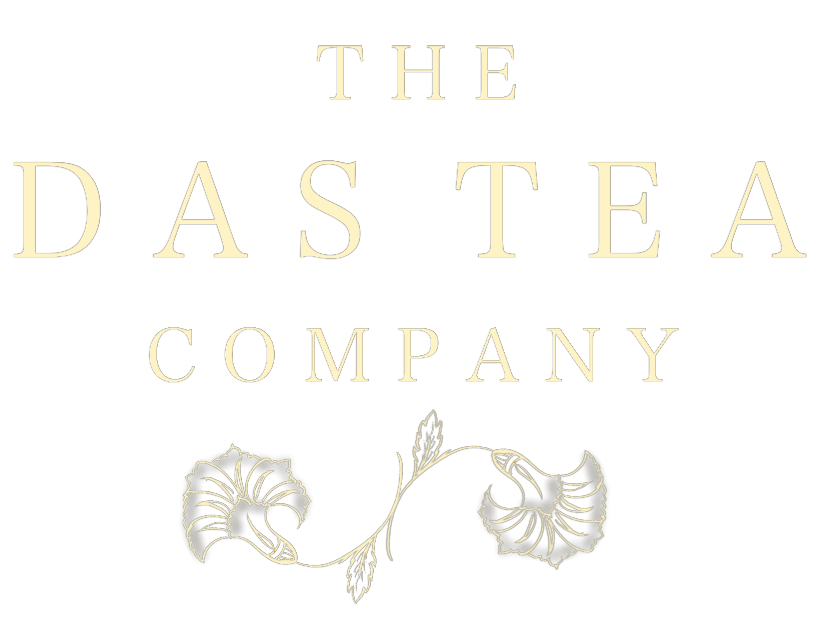FREE SAME DAY SHIPPING ON ALL ORDERS BEFORE 4PM EDT
For thousands of centuries, tea has been a staple in humanity’s diet. Globally, tea has been consumed for a variety of health benefits, which are backed by clinical studies. Tea has been shown to boost the immune system, reduce inflammation, even ward off cancer and heart disease; but this only scratches the surface. Depending on the types of tea leaves / herbs used, we could unlock significantly more wellness benefits from our daily cup of tea.
What are the different tea types and what are their benefits?
There are five main types of teas: black tea, green tea, white tea, herbal tea, and oolong tea, each with their own wellness benefits.
Black tea
Black tea is made from drying and fermenting leaves from the Camellia sinensis plant. Black tea is typically caffeinated and has an impressive range of health benefits, including:
- Chronic disease prevention, due to high antioxidant properties
- Pain relief
- Improves focus and memory
- Improves heart health by reducing blood pressure, cholesterol, and triglycerides
- Steadies blood sugar levels
- Supports digestive health by promoting good bacterial growth and lowering bad bacterial growth
- Relaxation / improves mood
- Inflammation reduction
- Immunity support
- Prevents cancer
Green tea
Originating from Japan and China, green tea leaves are either steamed, pan-fried, or roasted. Green tea is typically caffeinated, but less so than black tea is. Green tea wellness benefits include:
- Chronic disease prevention, due to high antioxidant properties
- Improves heart health by reducing blood pressure, cholesterol, and triglycerides
- Improves brain function including mood, vigilance, reaction time, and memory
- Reduces anxiety
- Reduces risk of blood clotting
- Reduces risk of liver, breast, prostate and colorectal cancers
- Anti-inflammatory
- Improves skin resilience
White tea
Originating from India and China, white tea is harvested before the tea plant’s leaves fully open, such that plant’s buds are covered by fine white hairs. White tea is typically lightly caffeinated. White tea can aid with:
- Cancer prevention, due to high antioxidant properties
- Oral health and hygiene
- Inflammation reduction
- Bone strength
- Prevents Parkinson’s and Alzheimer’s diseases
- Skin resilience
Herbal tea
Herbal teas, sometimes called tisanes, contain a mix of herbs, spices, fruits, tea leaves, etc. Herbal teas are caffeine free and are renowned for their calming properties. Additionally, ingredients found in herbal teas exhibit rich wellness benefits:
- Chamomile – Improves sleep, helps to reduce menstrual pain and muscle spasms, improves relaxation, and reduces stress.
- Rooibos – Improves blood pressure and circulation, boosts good cholesterol while lowering bad cholesterol, keeps hair strong and skin healthy, and provides relief from allergies.
- Peppermint – Contains menthol, which can soothe an upset stomach and serve as a cure for constipation, irritable bowel syndrome, and motion sickness. This tea variety also offers pain relief from tension headaches and migraines.
- Ginger – Helps to fight against morning sickness, can be used to treat chronic indigestion, and helps to relieve joint pain caused by osteoarthritis.
- Hibiscus – Lowers blood pressure and fat levels, improves overall liver health, can stave off cravings for unhealthy sweets, and may prevent the formation of kidney stones.
Oolong Tea
Oolong, a traditional Chinese tea, comes from the Camellia sinensis plant and is partially oxidized, which gives oolong tea its characteristic color and taste. Oolong is known for its medicinal properties, including:
- Reducing anxiety
- Increasing alertness, focus, and concentration
- Lowering inflammation
- Cancer prevention
- Improving brain health
- Preventing Parkinson’s and Alzheimer’s diseases
Which teas should I avoid?
While tea is generally an incredibly healthy beverage to consume, for optimal health, it’s best to avoid the following varieties:
- Detox / fad diet teas – these teas typically promote fast weight loss, but often come inundated with laxatives, which can be dangerous to your health.
- Bubble teas – Before you throw your boba straws at us, we love boba too(!), but excessive sugar, calories, and carbs can wreak havoc on your body.
Which teas are right for me?
Ready to stay healthy and live your best life? Take our free quiz and we’ll build a box of teas that are specifically meant to serve you and your needs. No compromises.
With warmth,
Akash




